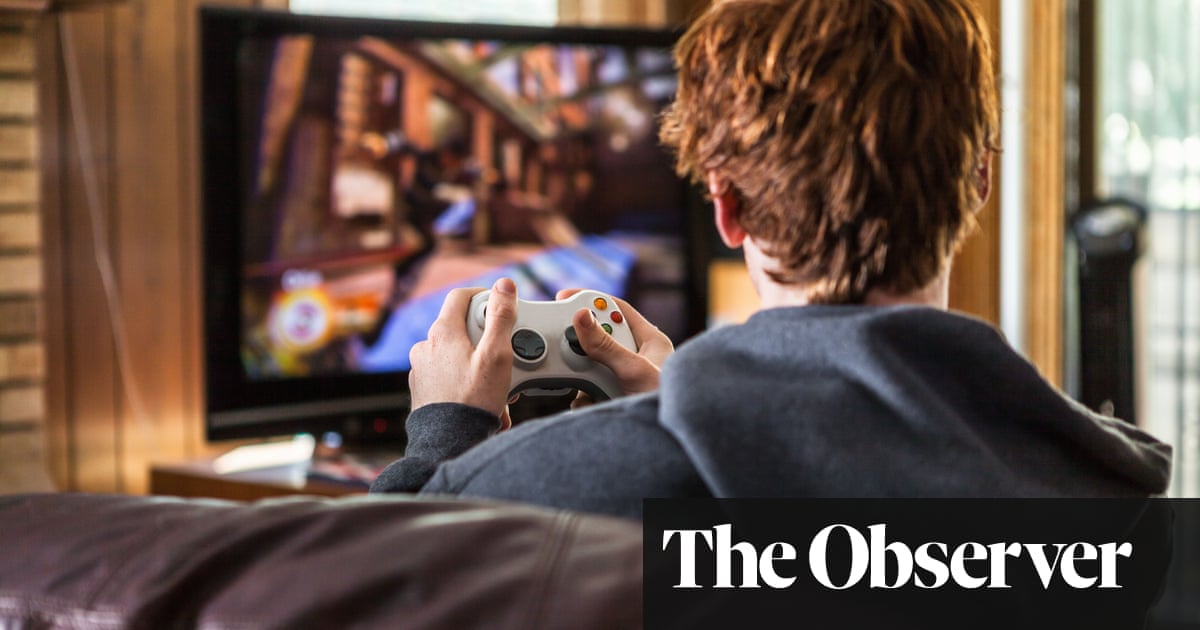
The question At 36, I find myself in a stable phase of life, contrasting my earlier years of nomadic renting and dead-end jobs as an artist, a passion I’ve abandoned. My dog is my sole source of joy, yet even that pleasure feels dulled lately. I struggle to feel real or connected, lacking focus and interest. Despite overcoming anorexia and surviving a long, violent relationship, I still battle the emotional blunting and PTSD that I’ve had therapy for and thought I’d conquered. I yearn for a more purposeful existence, especially considering my privileged, educated position – I should have achieved this by now.
My childhood was chaotic and now, as an adult, I can see there was neglect in a household of five children, as well as addiction and instability. My father, now sober, was always drunk – we lost everything when he became bankrupt. He also had many affairs. I dread becoming like my parents and strive to reconnect with my own body and others. I used to find meaning and flow when I made art and wrote fiction, but it all feels pointless now. I wasn’t good enough.
There’s the chance of happiness with a childhood friend turned potential partner. But I fear revealing my true, boring self and feel inadequate in comparison to everything he’s worked hard to achieve through his successful, high-powered career. Surely he’ll leave me when he discovers who I really am. What can I do to reconnect with my body and other people and find a calling or job that not only fulfils me, but makes me a better partner for this man I’d like to share my life with?
Philippa’s answer When I read, “Surely he’ll leave me when he discovers who I really am,” not only did my heart go out to you, but I recognised it as something I have often said to myself. After being with my husband happily (mostly!) for more than 37 years, I still notice I tell myself that. What I do is never let such negative messages take centre stage, but push them off to the wings. You can’t easily stop negative self-talk, but you can observe it and decide not to heed it. The other urgent advice you might need is when you hear yourself giving yourself a “should” – should do this, should have done that – knock it on the head. You can change “should” to “don’t want to” or “could” or anything else, but “should” can bring us down. I also sense some perfectionism issues, too – does nothing you do seem good enough? Perfectionism is a paralysing dead-end. If you have it, swap it for “That’ll do!” And “I’m good enough!”
It’s understandable that you’re feeling the weight of your past experiences. You’ve already shown resilience in overcoming the anorexia mindset, leaving a violent relationship and achieving stability. Healing is not linear, setbacks are a natural part of the process and I reckon a setback is what you are experiencing now. Perhaps it feels to you that it’s too dangerous, almost, to hope your old childhood friend will become your long-term partner and so you are preparing yourself for disappointment. To that I say this: when you learn to ride a bicycle, you keep your eyes on where you want to go, you don’t concentrate on the ditch, otherwise you would increase your chances of landing in it. In other words, steer your focus to what you want and wrench it away from what you don’t want.
Even though you achieved a lot in therapy, it’s not uncommon for old problems to resurface. A therapist could help you go over these issues again as well as work with you on your feelings of disconnection.
Be gentle with yourself. It’s OK to feel lost or unsure, don’t tell yourself off. Become your own champion. Your worth is not defined by achievements or external validation. I want you to refind your dignity. It feels as though it was lost, because you were not the priority you should have been for your parents. I think you may be denying dignity, because of giving too much weight to the usual societal pressures to fit in with some cultural norm. You have dignity; you don’t need to win a Nobel prize to prove it.
While you may feel as if your artistic pursuits are pointless now, consider exploring them again as a form of self-expression and connection with your inner self and outer world. Making things for your own enjoyment and not for any external recognition will harness your creative drive and bring meaning to your life.
Yes, you have insecurities, but don’t be those insecurities; notice them, but don’t act as though they were true. Most of us have neuroses, but it is important we don’t become those neuroses. It’s under the neuroses and the insecurities that your true self is to be found and, with the help of therapy and with your new partner, you’ll have the best chance of finding her. Remember that change takes time and patience, and it’s OK to seek support from others along the way.
Throw the ball for your dog, look how happy he is to run after it. We all wish we could have the enthusiasm a dog has sometimes. Let’s be more dog.
Philippa Perry will be appearing at the Also Festival, 12-14 July 2024 (also-festival.com)
Every week Philippa Perry addresses a personal problem sent in by a reader. If you would like advice from Philippa, please send your problem to askphilippa@guardian.co.uk. Submissions are subject to our terms and conditions












